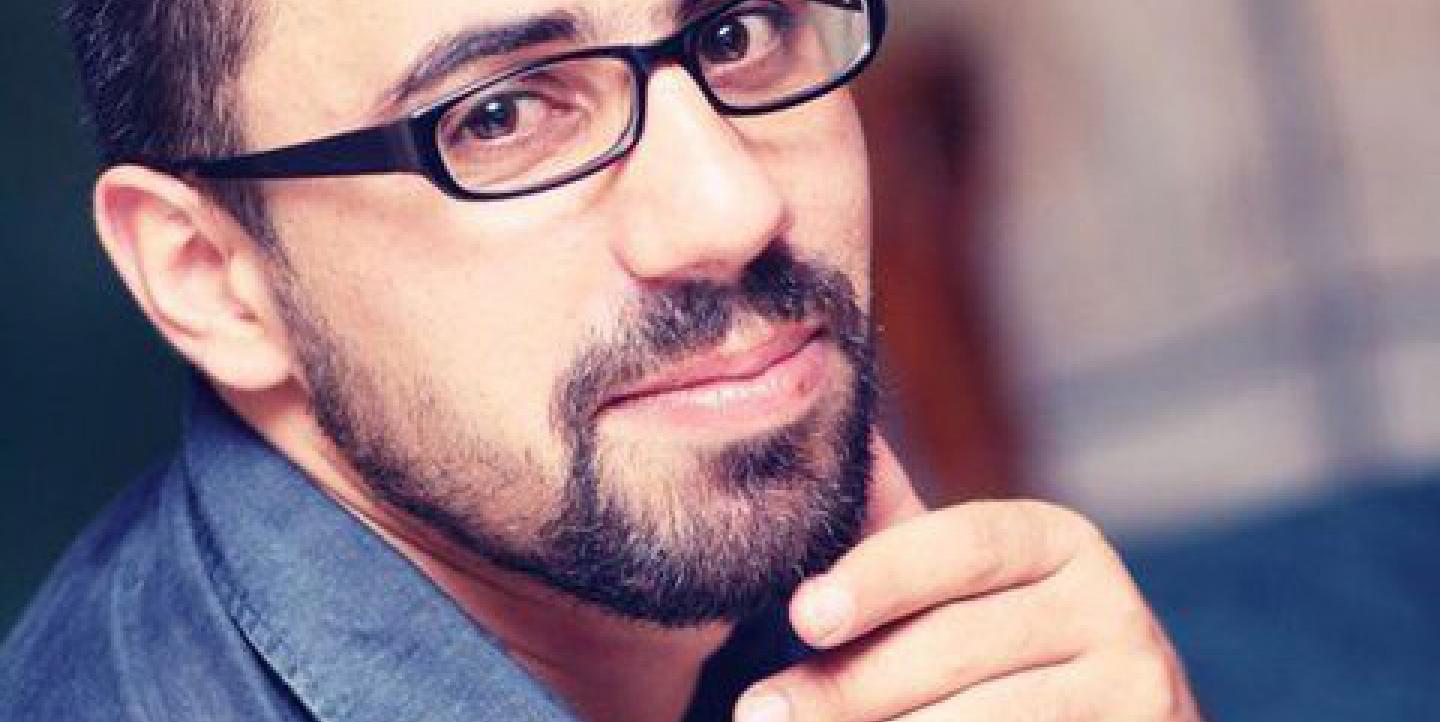In May 2014, IJNet Arabic launched a virtual mentoring center, choosing eight entrepreneurial journalists in the MENA region in need of financial and digital advice to get their startups off the ground. Two mentors guided the journalists over the course of a year. Here, mentor Ali Ghamloush shares funding ideas and how to embrace an entrepreneurial mindset.
An entrepreneur's project narrative should always begin with the question, “Why?”
An entrepreneur may spend months answering that question. Before arriving at “the idea,” an entrepreneur has to mentally process many ideas which may be unrealistic, or that need to be merged or filtered with other ideas for it to work.
The American Internet entrepreneur and Foursquare co-founder Dennis Crowley said: “Don't let anyone tell you your ideas are stupid or the thing you feel most passionate about 'won't work' ... push at what you think is interesting hard enough.”
After you've answered the "why," you can start planning. Here's where to start:
Initial testing
Asking your relatives and friends for their opinions of your project idea is considered the most critical phase of any project beginning. You can present your idea in a simple list or through sketches on a piece of paper. Asking people in your social circle for their opinions is sometimes the most challenging test, and their thoughts will have an influence on your decision.
Choose your partners wisely
After you've received your relatives' support to start your project, you should begin trimming and pruning your ideas to transform them into an action plan with a clear timeframe. However, an action plan is worthless unless you have a working team whose members are robust and enthusiastic and who deeply believe in the success of the idea.
Invest your time
Many entrepreneurs are bewildered by the question, “Which comes first, production or investment?”
In the field of journalism entrepreneurship, production is a personal investment because of all the effort, time and experience you'll need to put into your project. An entrepreneur who burns the midnight oil working solely on producing the content of his venture is considered a pioneer.
A journalistic product is different from other types of products in that it mainly requires personal and cognitive efforts and requires less production time. It's also important to remember that financial revenues may not be achieved during the early stages of launching the venture. It may take a long time – months if not years – for any entrepreneur working on his or her journalistic project to see financial gains.
Possible funding resources for journalistic projects are:
- Personally funding your own project
- Friends and family members are considered one of the most important funding resources during the early stage of the project. This funding is usually granted because of the entrepreneur’s great credibility and personal traits rather than because the idea is a strong one.
- Crowdfunding
Other forms of funding depend more so on the nature of the venture and its viability. Angel investors give small amounts of money in exchange for ownership equity. Venture capital firms offer large scale funding by investors or companies who deem the idea feasible, successful and profitable. Once a company has become successful, it can launch an Initial Public Offering (IPO) to sell its shares publicly on the stock market.
Lay out a future plan
A successful entrepreneur is one who is able to build future strategies ahead of time. Any venture may fail unless there is a five-year strategic plan for development.
That plan is considered a component of the product. If an entrepreneur fails to create a five-year plan, his or her venture is certain to fail after two and a half years. Eventually, that entrepreneur will fail to attract prospective funders due to the lack of a well-formulated plan.
The founder of Virgin Group, Richard Branson, said: "You don’t learn to walk by following rules. You learn by doing and by falling over.”
When we mentioned a well-formulated plan, we do not mean it should be fixed and unchangeable. A successful entrepreneur knows deeply that changing tactics and plans, self-appraisal and evaluation, reformulating new tracks and embracing a try-fail-try-again attitude are the answers for the successive question, “How?”
This story was originally published in Arabic. It was translated by Shereen Karadsheh and edited by Margaret Looney.
Main image courtesy of Ali Ghamloush

